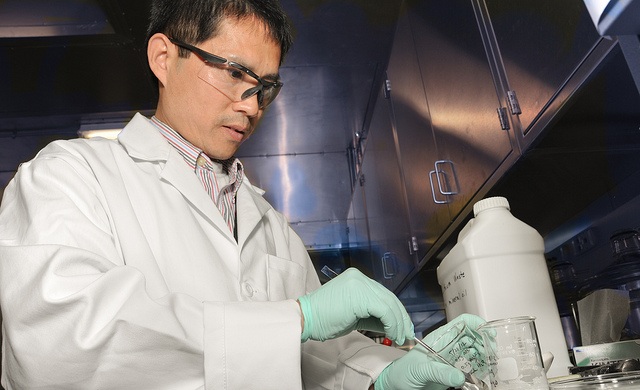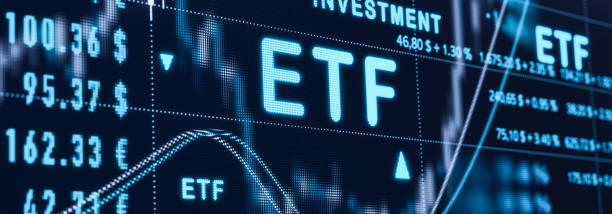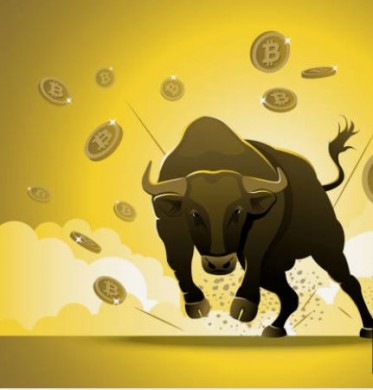GSK’s share price drifted lower today, a 1.69% slide (28.00 pence) to 1624.50.

Almost a year ago, 07 February 2013, ADVFN published a story entitled “GSK Betting on Robust R&D Pipeline.” The point of the story was that long-term investors in pharmaceutical companies, like GlaxoSmithKline (LSE:GSK) should keep their eyes more on their R&D Pipeline than their annual reports. Interestingly enough, one of the GSK pipeline products I made vague reference to in that story has made headlines today as the company has taken another giant step forward in the development of its new medication, Albiglutide.
GSK will market Albiglutide under the brand name Eperzan as a once-per-week dosage for primary or secondary therapeutic control of type 2 diabetes. The Committee for Medicinal Products for Human Use (CHMP) dispensed a positive opinion for the drug in an announcement released this morning. According to the European Medicines Agency, the CHMP “adopted a positive opinion, recommending the granting of a marketing authorization for the medicinal product Eperzan, 30 mg and 50 mg, powder and solvent for solution for injection in pre-filled pen intended for the treatment of type 2 diabetes mellitus.” A final decision allowing the new drug to be commercialized is expected by the end of March this year.
Keeping things in balance, Novo Nordisk announced just three days ago that it has launched it’s new diabetic insulin treatment, the NovoPen Echo® in the U.S. Echo will be the only device available in the U.S. at this time that includes includes a memory function that records the time and amount of dosage. The pen is already in use in Canada, Europe and Israel.
Although GSK’s Eperzan has met its main goals in phase 3 trials, the company did also note that some cases of acute pancreatitis have occurred “in association with albiglitude and other GLP-1 receptor agonists.” Let me stand up here and testify that, having nearly died just two years ago as a result of acute pancreatitis, I, for one, might hesitate to partake of a solution to a problem that is also capable of causing the problem.
While the pharmaceutical world debates the efficacy of type 2 diabetes treatments, the financial world understands that the issue is sales, marketing, revenue generation, and return on investment. Marketization of Eperzan will thrust GSK into a market dominated by Novo Nordisk (NYSE:NVO) and AstraZenica (LSE:AZN). NVO gleaned $1.7 billion in sales of Victoza in 2013. Once Eperzan is approved in Europe, the U.S., and other markets, analysts predict that it will generate upwards of $218 million by 2016. A decision is expected from the USDA by 15 April this year.
With over 300 million people (and counting) suffering from type 2 diabetes, Dr. Carlo Russo, Senior Vice President of Research Development, said, “Today’s positive opinion is a major milestone towards offering people with uncontrolled type 2 diabetes a new option to help manage their condition and we look forward to the final decision of the European Commission in the coming months.
As I mentioned earlier, GSK’s share price closed today at 1624.50. On 24 January 2013 it stood at 1425.50 and as held fairly steady for the full 12 months, including a high of 1782.00 on 28 May 2013. The price has dropped below the 1600.00 mark for less than 30 calendar days since 12 April 2014. The question now is, “How big a boost will Eperzan give the GSK share price when it receives final approval in Europe and the U.S. at virtually the same time?”

 Hot Features
Hot Features












